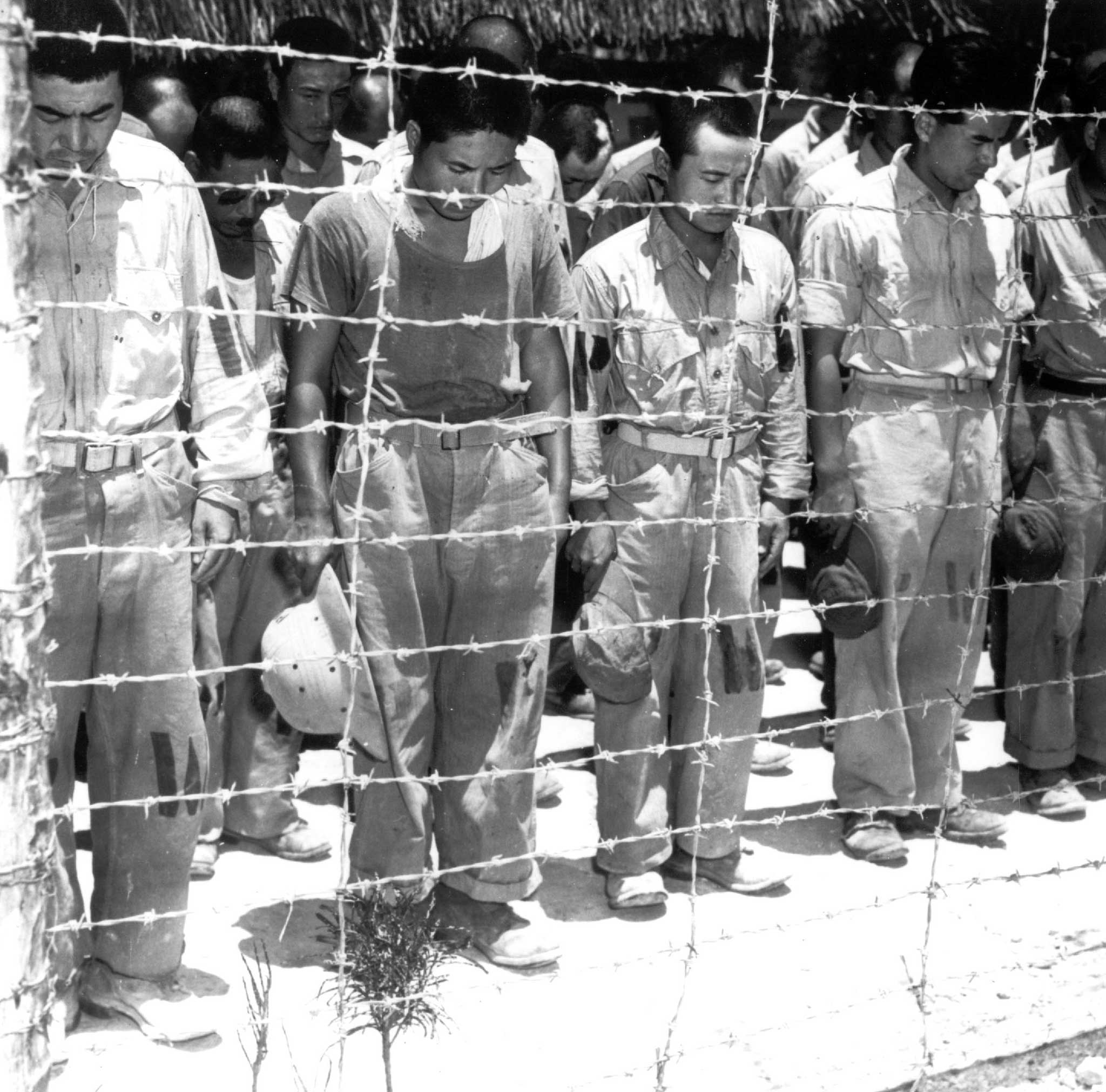Shame and the Captives by Thomas Keneally, book review: Massacre of Japanese POWs in 1944 in Australia

Your support helps us to tell the story
From reproductive rights to climate change to Big Tech, The Independent is on the ground when the story is developing. Whether it's investigating the financials of Elon Musk's pro-Trump PAC or producing our latest documentary, 'The A Word', which shines a light on the American women fighting for reproductive rights, we know how important it is to parse out the facts from the messaging.
At such a critical moment in US history, we need reporters on the ground. Your donation allows us to keep sending journalists to speak to both sides of the story.
The Independent is trusted by Americans across the entire political spectrum. And unlike many other quality news outlets, we choose not to lock Americans out of our reporting and analysis with paywalls. We believe quality journalism should be available to everyone, paid for by those who can afford it.
Your support makes all the difference.In his thirtieth novel, Thomas Keneally returns to a subject that has fascinated him throughout his long career: war and its ability to unlock the most profound response in human beings, from extreme barbarity to the nobility of self-sacrifice, with every compromise and failure in between.
War divides, of course, but it also brings people from the most diverse backgrounds together. This is particularly the case in the enclosed theatre of the POW camp, where conflict continues on the level of symbolic resistance and mutual cultural misunderstanding.
The novel is based on a real event, a breakout of Japanese prisoners that took place in Cowra, New South Wales, in 1944 and which ended in a bloodbath that shocked the nation. But this no mere retelling. “Fiction has always tried to tell the truth by telling lies; by fabrication,” Keneally tells us in his introduction, and his version of the camp, transposed to the fictional town of Gawell, is itself an engine of many fictions.
Its deputy-commandant, Major Suttor, spends his leisure hours writing a well-loved radio soap opera in which capitalism is benevolent and families are always harmonious. Italian prisoners rewrite history, denying their Fascist affiliations in the hope of getting home. In contrast the Japanese, shamed by their own survival, long for a different kind of freedom; they consider themselves already dead, caught in a kind of limbo constructed by their inept captors who cannot be trusted to kill them. Each side views the other with varying degrees of mistrust and incomprehension. “To be a prisoner,” writes Keneally, “is like having passed through a mirror.”
However deep their enmities, human beings cannot avoid making relationships, and the presence of outsiders inevitably shifts the world-view of those living in the vastness of the bush. Power relationships are more complex than they at first seem. Compared to the 1,000 Japanese incarcerated at Gawell, Japan holds 25,000 Australians, including the son of the scriptwriting Major, who is terrified that any mistreatment of his charges will impact on his son's well-being.
Alice Herman's husband, a man whose embrace she can barely remember, is held by the Germans. Her acts of kindness to Japanese prisoners on a work party and to the Italian anarchist POW brought to her farm are initially a kind of sympathetic magic, made in the hope they will bring down similar blessings on his head. Soon the Italian's presence has opened up a world very different to her humdrum existence, one in which she holds power for the first time but is also rendered powerless.
Different versions of leadership and submission are played out behind the wire and in the homes that border it, as tensions ratchet upward. We are all prisoners, Keneally is telling us, of culture, relationships, the past. It is a tribute to his consummate skill as a fabricator of fiction that the final, apocalyptic shattering of the mirror feels inevitable.
James Attlee's 'Nocturne: A Journey in Search of Moonlight' is published by Penguin
Join our commenting forum
Join thought-provoking conversations, follow other Independent readers and see their replies
Comments